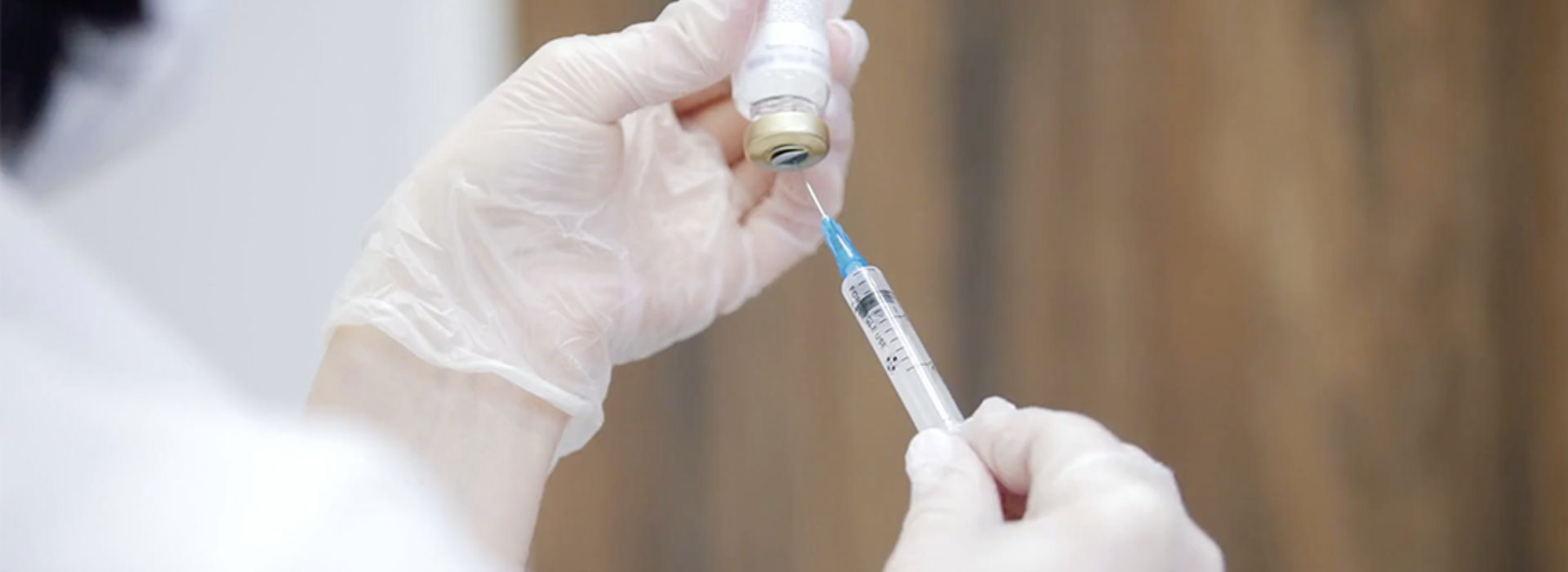
U of M Medical School selected as Capacity Building Center for NCI Serology Sciences Network
MINNEAPOLIS, MN- Oct. 8, 2020 - The University of Minnesota Medical School’s Department of Laboratory Medicine and Pathology has been selected as a Capacity Building Center for a new national network dedicated to serological, or antibody sciences.
The new national Serological Sciences Network (SeroNet) is a major component of the National Cancer Institute’s (NCI) response to the COVID-19 pandemic and is included in an emergency Congressional appropriation of $306 million to NCI, “to develop, validate, improve and implement serological testing and associated technologies.”
The SeroNet Coordinating Center is managed for NCI by the Frederick National Laboratory for Cancer Research, which awarded the University of Minnesota one of four subcontracts to be a Capacity Building Center.
“This subcontract recognizes the deep strength of the faculty in our department as well as the Center for Immunology in the Medical School,” said Leo Furcht, MD, chair of the Department of Laboratory Medicine and Pathology. “And thanks to the early investment by Minnesota’s Governor and Legislature in enhancing our University testing capacity, we are in a position to contribute to the nation’s serological study needs as well. We have completed more than 400,000 PCR tests for the state, as well as nearly 16,000 antibody tests based on the test protocols developed in Minnesota.”
SeroNet is one of the largest coordinated efforts to study immunology and COVID-19 in the U.S., involving more than 25 universities, cancer centers and laboratories working in partnership with NCI and the National Institute of Allergy and Infectious Diseases to rapidly deploy serological testing to the American public and to improve the understanding of the immune response to SARS-CoV-2 and mitigate the pathogen’s spread.
“We are looking forward to joining this important effort to help expand our knowledge surrounding immunity to COVID-19,” said Amy Karger, MD, PhD, an associate professor in the department and the principal investigator for the initiative, who leads the University’s Advanced Research and Diagnostic Laboratory, where a majority of the state’s serology work takes place. “We were positioned for this opportunity thanks to the efforts of Dr. Marc Jenkins and his laboratory in developing an antibody test that has proven to be so reliable.”
###
About the University of Minnesota Medical School
The University of Minnesota Medical School is at the forefront of learning and discovery, transforming medical care and educating the next generation of physicians. Our graduates and faculty produce high-impact biomedical research and advance the practice of medicine. Visit med.umn.edu to learn how the University of Minnesota is innovating all aspects of medicine.
For media requests, contact:
Kelly Glynn
Media Relations Specialist, University of Minnesota Medical School
glynn040@umn.edu